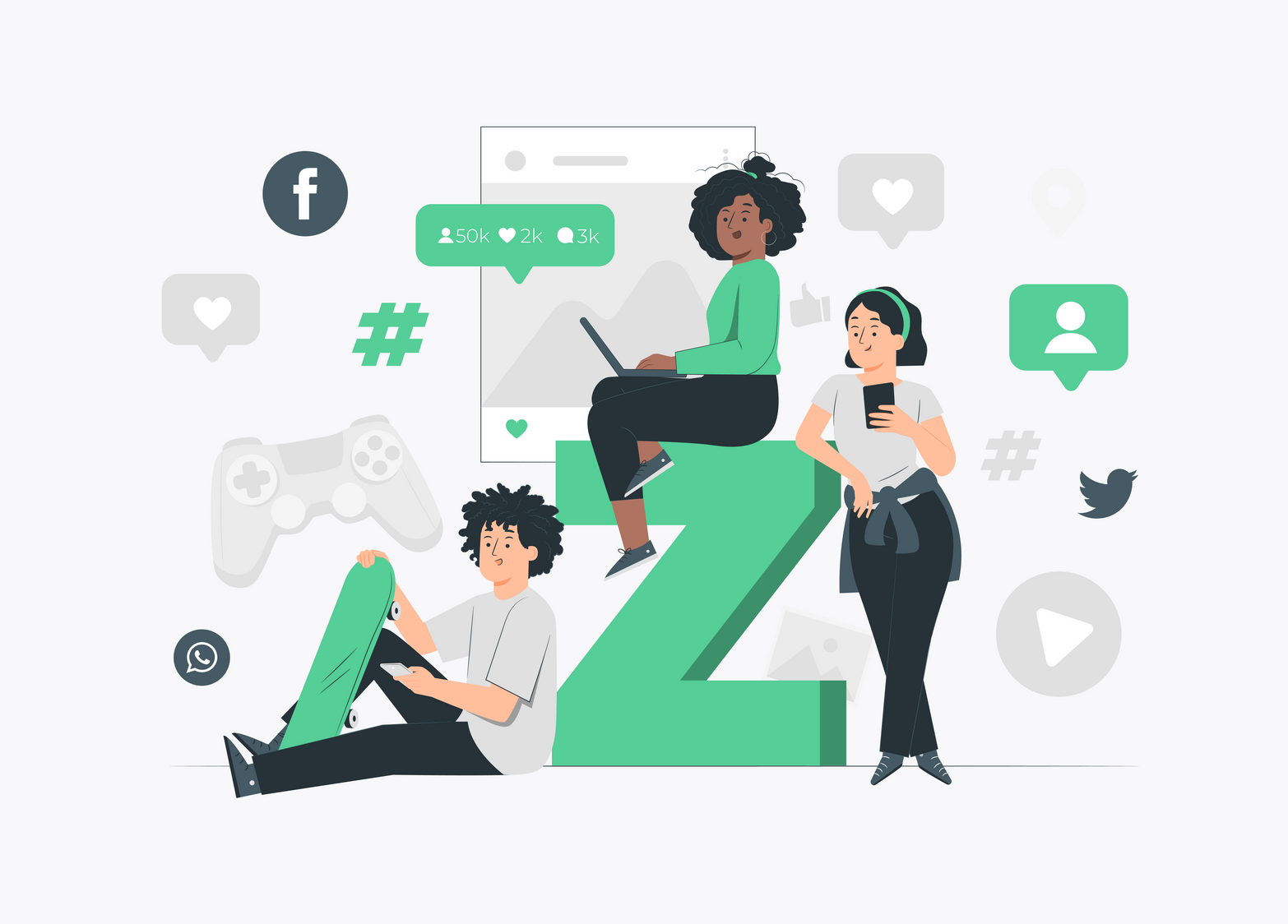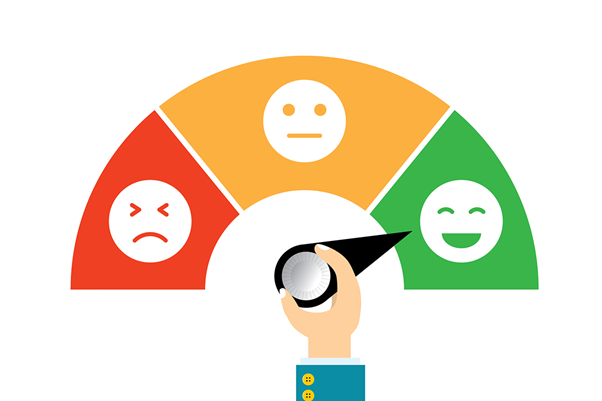Latest Advice

Employee journey mapping: the key to improving your employee experience.
As the competition to attract and retain skilled talent remains high, employers are placing an increased priority on providing a positive employee experience — and for good reason. When your employees are fully engaged in the workplace, it can impact everything from recruitment and retention to higher work quality and productivity.

Employee journey mapping: the key to improving your employee experience.
As the competition to attract and retain skilled talent remains high, employers are placing an increased priority on providing a positive employee experience — and for good reason. When your employees are fully engaged in the workplace, it can impact everything from recruitment and retention to higher work quality and productivity.

From interview to exit: how does your day-to-day candidate experience stack up?
The candidate experience is an increasingly pivotal touch point between talent and employer. Once an afterthought, this journey is now regarded as a holistic element of the employer brand strategy.

Why Are You Leaving Your Current Job?” How to Answer
Interviewing for your next job is the first step for further career advancement. Part of that mountain to climb is one of the most common job interview questions: “Why are you leaving your current job?” The answers for this can vary. For example, maybe you’re looking for a better job opportunity, or your current work environment just doesn’t align with your expectations.

How to Prepare for a Panel Interview
Intimidating as it sounds, you can prepare for a panel interview in similar ways to preparing for a group interview. The difference is now instead of jockeying for the chance to stand out in a group of multiple candidates, you must continue to stand out in front of two or more members of the hiring team. This panel interview format is becoming more commonplace as companies need to move through the interviewing process quickly and efficiently. By having the hiring manager and maybe several other panel interviewers meet the candidate and interview at the same time, an organization can save time through the hiring process.

Attracting and retaining Gen Z
For a company to remain competitive, they need a steady flow of diverse people to bring new ideas and inspire innovation. As the most digitally native generation in an overwhelmingly digital world, Gen Z employees (those born between 1997 and 2012) are a vital component of any company’s workforce. However, their distinct attitudes towards work are creating stumbling blocks for many line managers, who are struggling to figure out what makes this youngest generation tick.

Candidate experience: What success actually looks like
Recruiters and hiring managers are busy people with many demanding responsibilities. Between filtering through resumes, screening applicants, and managing interviews, it can be hard to ensure every candidate has a positive interview experience with your company.

Compiling Your Strength and Weaknesses List
Every job interview process will include the question in one way or another: "What are your biggest strength and weakness?"

“Why Are You a Great Match for This Role?” How to Answer
It’s the ultimate interview question, pondered by many candidates in preparation: “Why are you a great match for this role?” There are many sound strategies to answer this question, so the key to nailing it is to find the right one.

How to Improve Your Interview Skills
A job interview can be the most nerve-wracking experience of your professional life. However, while you may never think of them as an enjoyable way to spend your time, it is absolutely possible to remove some of the stress by improving your interview skills.

How to Provide Candidates With a Positive Interview Experience
Interviews are your best opportunity to get to know a candidate and determine if they’re the right fit for the job. A positive interview experience can convince a talented person to join your team but a negative experience can tarnish your company’s reputation. In this guide, recruiters, hiring managers and interviewers will learn what it takes to provide candidates with the best possible interview experience.

How to Respond to, "Tell Me About Yourself," in an Interview
Simple interview questions can sometimes create awkward moments if not prepared for properly. For example, “Tell me about yourself” should be a simple proposition, yet this common interview question continues to stump candidates of all experience levels.

How to Sell Yourself in an Interview Presentation
The more senior the role you're applying for, the more likely it is you'll be asked to give a presentation as part of the recruitment process. This can be nerve-wracking for many reasons, but there’s one advantage working in your favor: you're totally in control of the narrative.

Navigating the “What are Your Weaknesses?” Interview Question
Admitting your weaknesses to someone you hope will give you a job can seem counterintuitive. You obviously don’t want to make yourself look bad. However, answering this question strongly and honestly can take you from being a good applicant to a great one.

What Are Behavioral Interview Questions?
Behavioral interview questions are a norm in almost every field. They gauge how you will cooperate with customers and co-workers to lead to a successful outcome. These questions are meant for the hiring manager to get an idea of the candidates thought process in tough situations.

What Self-Awareness Really Is (and How to Cultivate It)
Although most people believe that they are self-aware, true self-awareness is a rare quality. In this piece, the author describes a recent large-scale investigation that shed light on some of the biggest roadblocks, myths, and truths about what self-awareness really is — and what it takes to cultivate it. Specifically, the study found that there are actually two distinct types of self-awareness, that experience and power can hinder self-awareness, and that introspection doesn’t always make you more self-aware. Understanding these key points can help leaders learn to see themselves more clearly.
